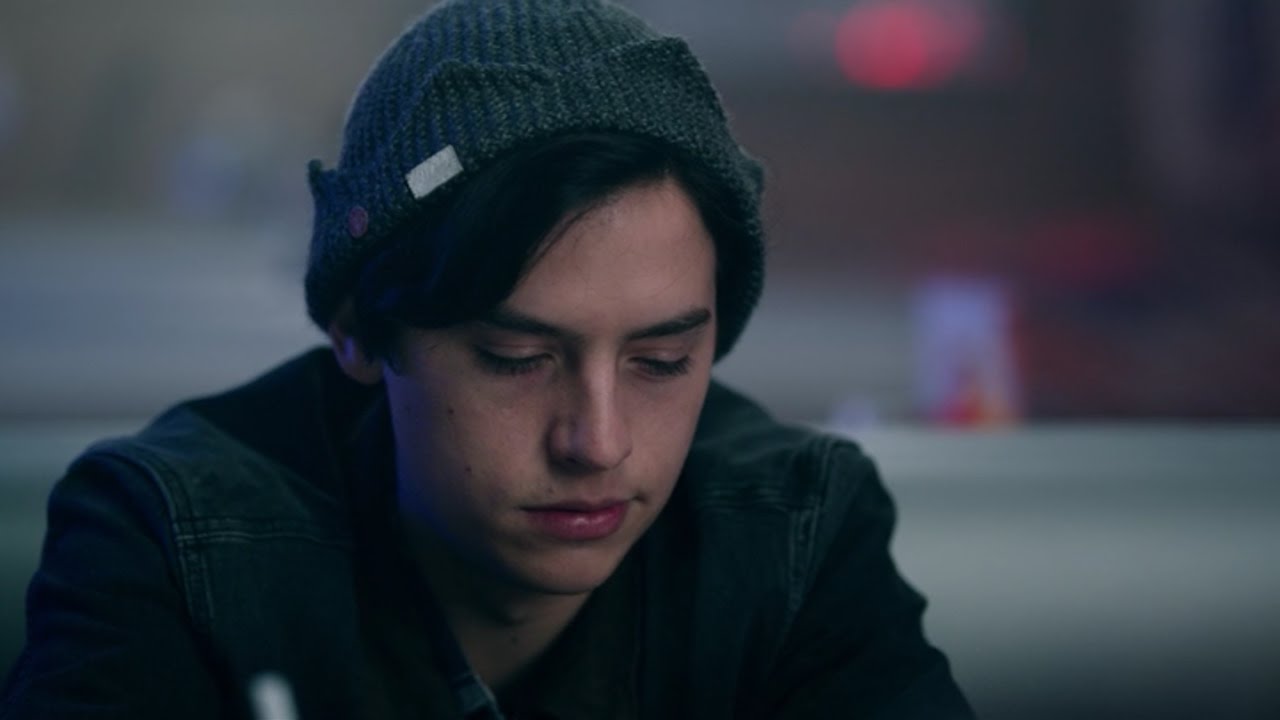We Need More Asexual and Aromantic Representation in Television


When The CW’s Riverdale first started, I was looking forward to seeing Jughead Jones as an asexual and aromantic character, as he was in the new comic book series that largely inspired the style and tone of the show. Yet, despite Cole Sprouse saying it’s something he argued for in the beginning, it did not happen.
I often think of what it could have meant to have this often misunderstood sexual orientation on one of the most popular shows on television, to show someone having a happy, thriving community of love and friendship without sex and without romance—well, as happy as anyone can be on Riverdale, but still, considering the way it took great pains to create a love story with Choni and highlight Kevin’s struggles to find love in such a straight town, it’s jarring how the show was comfortable with erasing asexuality.
But sadly, erasing the existence of ace people is common.
As we are deep into pride month and celebrating the many parts of the LGBTQ+ community, it is ever-changing and ever-evolving, with a lot of this being forced to take place in the public eye of the internet because that’s how we communicate now. As asexuality and the large spectrum that surrounds it continues to have a dialogue, it is important to show all the different layers.
There is a reason why GLAAD releases a report on representation every year. As the documentary Queering the Script highlights, for queer people, seeing yourself represented in media matters–not just to you, but for the people around you. Disclosure really broke down how humanizing transgender people in media is a gateway to building a better understanding for the average trans person or, at the very least, showing them there are other ways that just tragedy.
I know there are some in the queer community who argue back and forth about whether asexuality/aromantic orientations “belong” within the bracket of queerness. For me, anyone who has been told that their sexuality is wrong because you have to love sex, or that having sex with the right person will “fix you,” or that there is something broken in not wanting romantic relationships, belongs in queerness.
There may not be the same specific language of oppression that we are familiar with as LGBT peoples who have dealt with legislative oppression, but when you are told that you are a problem that may be fixed, forced into coercive sex, or sexually harassed, and are gripped with a fear that you will never have love or deserved to be loved because of how you feel, that sure is queer enough to me.
I’ve been lucky in my life to know and love many asexual and aromantic people. They deserve to have representation that allows them to be seen as the individuals they are. Those of us who are not ace/aro can do our part by believing people when they say this is their experience. I heard someone queer say that saying someone is “valid” is the weakest thing, but once upon a time, for a lot of us, that is all we had at some point. Let’s not forget the history of gay, lesbian, bisexual/pansexual, and trans people being told we were problems that needed fixing, or that we were such a small minority that we didn’t count.
Television, for better or for worse, is part of how we evolve queer conversations, and while shows like Sex Education, BoJack Horseman, Sirens, and a few others have highlighted asexual characters, there is a lot more to do with aromantic characters, demisexuals, and other parts of that spectrum. Just having that first piece of representation that fits you and shows you who you are without the shame of struggle makes all the difference.
I know mine did.
(image: The CW)
Want more stories like this? Become a subscriber and support the site!
—The Mary Sue has a strict comment policy that forbids, but is not limited to, personal insults toward anyone, hate speech, and trolling.—
Have a tip we should know? [email protected]
